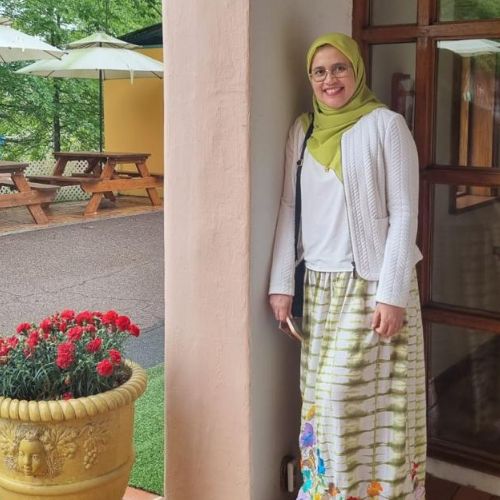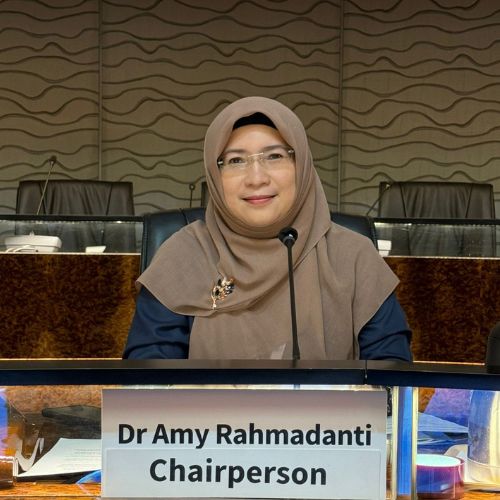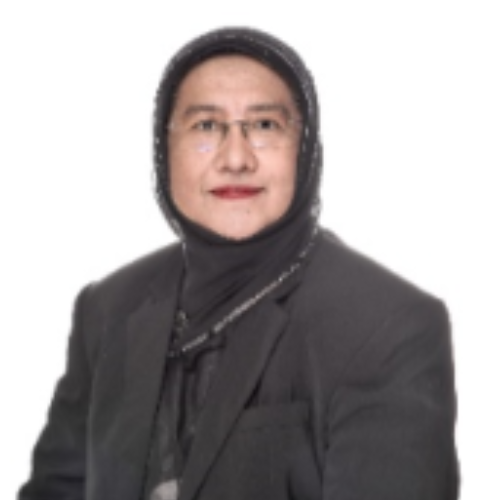Drive-AMS Indonesia: Strengthening Human Capacity to Tackle AMR through Contextualized Education and Implementation Science
Speakers

Dr. Teske Schoffelen, MD PhD
Internist-Infectious Disease Specialist in Radboudumc in Nijmegen, the Netherlands

Dr. dr. Ralalicia Limato, MPH
Medical Doctor and Public Health Scientist with a PhD (DPhil) in Clinical Medicine from the University of Oxford

Dr. dr. Dewi Anggraini, Sp.MK(K)
Head of the Preclinical Department and faculty member at the Department of Microbiology, Faculty of Medicine, Universitas Riau

Dr. dr. Robert Sinto, Sp.PD-KPTI
Division of Tropical and Infectious Diseases, Department of Internal Medicine, Dr Cipto Mangunkusumo National General Hospital, Faculty of Medicine Universitas Indonesia

Peter van Tuijl
Former Director of Nuffic – the Netherlands Organization for Internationalisation in Education Southeast Asia office, based in Jakarta, Indonesia

Carolien Ruesen, PhD
Head of the WHO Collaborating Centre for AMR Epidemiology and Surveillance at the Dutch National Institute for Public Health and the Environment (RIVM)

dr. Amy Rahmadanti
Team Lead of the AMR–IPC Technical Team at the Directorate of Quality of Referral Health Service, as well as a Health Policy Analyst within the same directorate
Moderators

Assoc. Prof. Jeroen Schouten
Internist-Intensivist in Radboud university medical center in Nijmegen, the Netherlands.

Prof. dr. Anis Karuniawati, PhD., Sp.MK(K)
Lecturer and Researcher in the Department of Microbiology, Faculty of Medicine, Universitas Indonesia
Event Details
Antimicrobial resistance (AMR) is projected to cause over 40 million deaths by 2050. Unlike COVID‑19, AMR is a “silent pandemic” – spread across multiple diseases such as respiratory, skin, and bloodstream infections and driven largely by the inappropriate use of antibiotics. Effective action requires robust surveillance and prudent antibiotic use, known as antimicrobial stewardship (AMS).
The Drive‑AMS Indonesia program applies implementation science and behaviour-change approaches to improve antibiotic prescribing. Through knowledge transfer, skill-building approaches and contextualised interventions, it strengthens hospital capacity, promotes data‑driven decision‑making, and supports sustainable health practices.
The speakers will share implementation, early outcomes, and lessons learned from Drive-AMS Indonesia, offering a replicable model for bilateral, multilateral and global partnerships that build human capacity for a sustainable and long-lasting response to AMR.
The panel will explore the potential for building long-term, institutionalised systems to combat AMR by:
- Equipping hospitals and health systems to tackle misuse and overuse of antibiotics in their own context;
- Developing and scaling sustainable capacity;
- Contributing effectively to national AMR targets.



